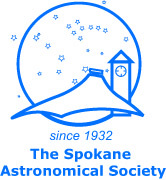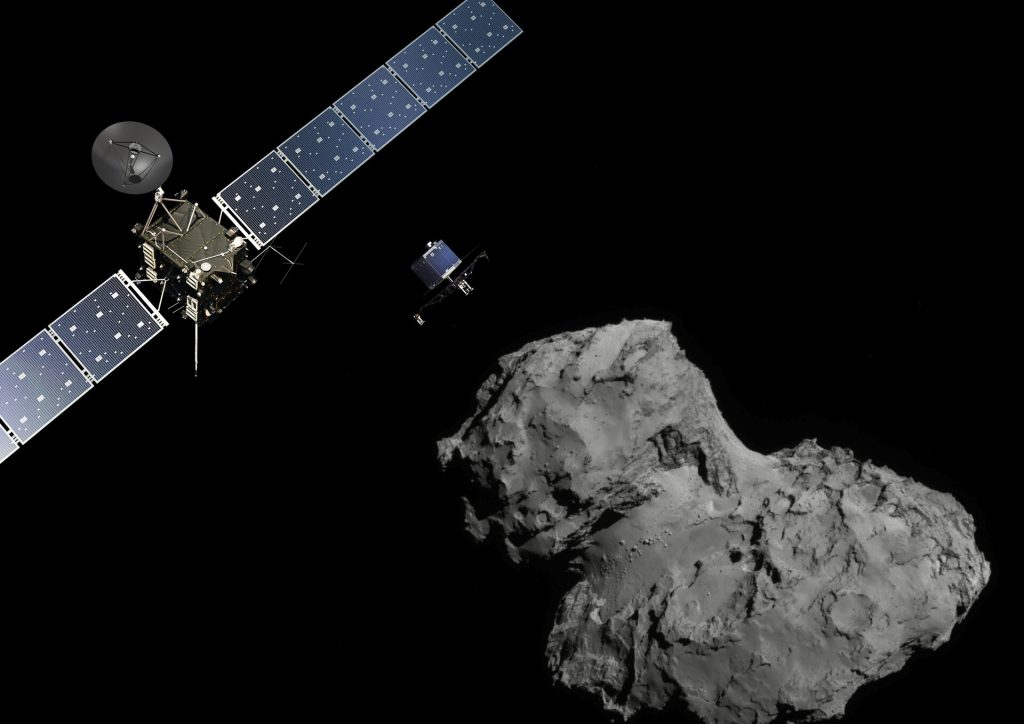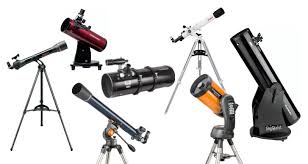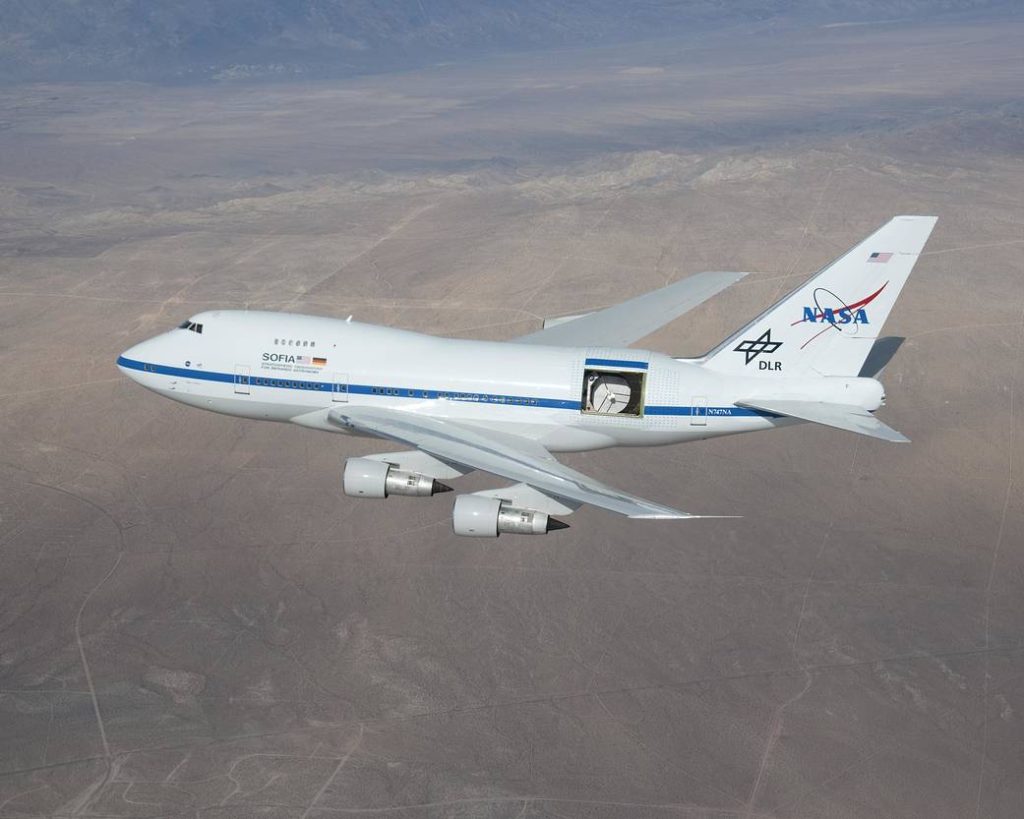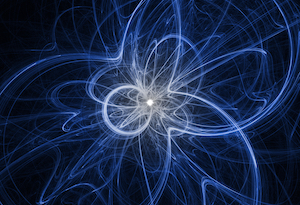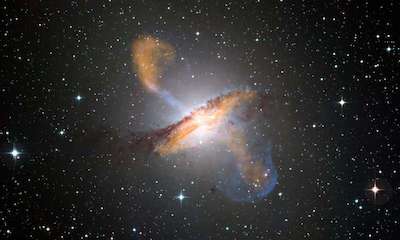John Bentham gave an excellent talk on the history of cosmology, ending with a chart of the four fundamental forces of nature and the quarks that form hadrons.
Paul will give the April presentation, which springs off that chart and describes all known natural processes for forging the periodic table of elements which represent the nearly 5% of our universe with which we can see and interact. The other 95% we have yet to develop any understanding.
Our April 12th meeting will be back at the “Party Palace,” our summer venue just northeast of Bigelow Gulch and Argonne. Many club members are expected to be out of town for the total solar eclipse. We are postponing the equipment swap meet until our May meeting, which will also be at the party palace. Club members will get first dibs on all the equipment we are parceling out, after which it will go up on Craigslist, Marketplace, or other outlets.
We will be continuing our rekindling of the before-meeting BBQ tradition. Burgers and soft drinks will be provided. Members and guests are encouraged to bring side-dishes and desserts, let’s make this a potluck! BBQ begins at 6:30.
With the extra room and quiet location at the “Party Palace”, there is room to safely set up telescopes. Need help with learning to set up or use your new telescope? Want to do a bit of observing with experienced observers? Bring the ‘scope!
